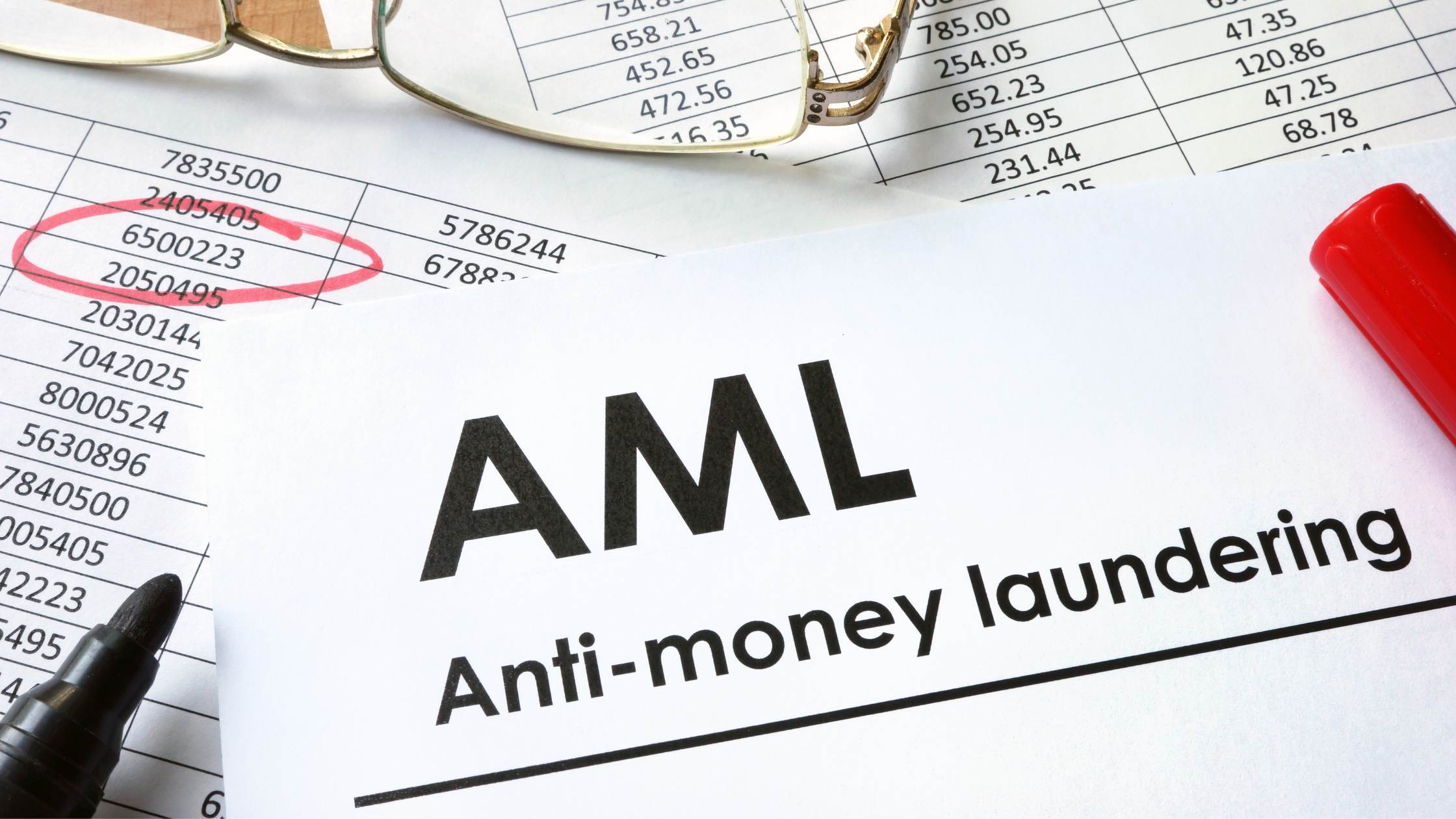March 22, 2023
Southeast Asia’s economies have largely remained resilient in the face of the COVID-19 pandemic. Now, as the region resumes economic activities at full throttle, the countries in Southeast Asia are primed for growth. Southeast Asia is the focal point in two of the largest free trade agreements in recent years. All ten countries in Southeast Asia are members of the Regional Comprehensive Economic Partnership (RCEP). Further, Malaysia, Singapore and Vietnam are also signatories to the Comprehensive and Progressive Agreement for Trans-Pacific Partnership (CPTPP). Reflecting the region’s growing importance as a hub for innovation and creativity and in line with obligations under RCEP and CPTPP, Intellectual Property (IP) laws in Southeast Asia have been undergoing rapid development in recent times. The following is a brief overview of the latest developments in IP laws in some of the countries in the region. Malaysia Malaysia has long been recognised as one of the leading economies in Southeast Asia, and its IP laws have been evolving rapidly to keep pace with its growing importance. A number of amendments were made to the Patents Act which, amongst others, introduced 3rd party observations, post-grant opposition, recordation of patent as a security interest, amongst others. However, the coming into force of post-grant opposition has been deferred. The amendments also introduced compulsory licencing provisions where a compulsory license can be granted by the Registrar for the production and exportation of the pharmaceutical product to an eligible importing country to deal with its public health problem, in line with the obligations under Article 31bis of the Agreement on Trade-Related Aspects of Intellectual Property Rights (TRIPS Agreement). Amongst the notable amendments... March 22, 2023
2022 was a year full of changes for China’s antitrust regulations. First, in August, the PRC Anti-Monopoly Law (AML) welcomed its first revision 14 years after its initial implementation. Following that, the central antitrust agency and the top court successively published several draft implementing antitrust rules and draft judicial interpretations on antitrust civil litigation, all of which are expected to be finalised in 2023. With China’s reopening in late 2022, we expect that amid the increasing economic activities, these changes or updates on antitrust rules will broadly and deeply impact multinationals from day-to-day business operations to M&A activities in 2023. Therefore, we think it is important for multinationals to be timely aware of those key changes, properly adjust their compliance schemes, and be well prepared at the outset of 2023. How Should Companies with Distribution Networks Adapt to the New Rules on Vertical Restraints China’s revised AML brought significant changes to its regulatory framework for vertical restraints. In particular, it introduced the first-ever safe-harbour rule for vertical restraints and converged the long-lasting divergence on approaches against Resale Price Maintenance (RPM) between courts and agencies by setting out the rebuttable presumption of illegality rule. While it seems that these changes may ease China’s regulations on vertical restraints to some extent, it is important to bear in mind that RPM remains to be a high risk in China. Specifically, it is very challenging and burdensome for a company to rebut an illegality presumption during an investigation and relevant individuals including management teams may even bear personal liabilities if an RPM violation is found. Therefore, if a company intends to roll out RPM schemes... March 9, 2023
After decades of enforcing regulations governing advertisement in general, the Committee on Advertisement under the Consumer Protection Act, B.E. 2522 (1979) (as amended) (the “CPA”) repealed and replaced the notifications concerning puffery (statements of exaggeration) and guidelines for proof under the CPA, and issued a new regulation with enforcement starting on 14 January 2023, namely the Notification of the Committee on Advertisement Re: Guidelines on Use of Advertising Statements with Confirmation of Difficult-to-Prove Facts and Guidelines on Proof of Facts Concerning Advertising Statements, B.E. 2565 (2022) dated 2 September 2022 (“New Notification on Advertisement”). Major points and requirements of the New Notification on Advertisement can be summarized as follows: DOs DON’Ts Language. Significant information in the Thai language is mandatory and must be clearly seen, heard, or read, especially for digital advertising. Sizing. Minimum font size of two millimeters for printed media, wording in commercial video and signboards is subject to specified ratio. Color. Contrasting color of text and background. Timing. Key supplementary statements must be superscripted and last at least five seconds. Warranty. Warrantor, warranty period, scope, steps, and conditions must be fully stated. Certification. Evidentiary documents must be in place for examination when using a claim relying on certification, whether by laboratory or other institutions, in Thailand or abroad. Use misleading statements. Use speed and rhythm that are difficult to be clearly heard. Claim specifications which are contradictory to the actual product or service offered to consumer. Disclaim in a manner that puts consumers in a position of disadvantage. Persuade by relying on individual belief or inducing those in distress or in need of consolation. Use certain... March 9, 2023
Introduction Undeniably, there has been an increase on the level of awareness on how greenhouse gases (“GHG”) emission has significantly affect the world every year. For companies, CSR campaigns were undertaken where pledges were made to help reduce and potentially prevent climate change by taking the initiative to reduce their GHG emission and setting the goal to achieve net zero carbon emission by 2050. Companies such as Petronas declared their Aspiration to achieve net zero carbon emission by 2050.1 One of the potential ways to achieve this net zero emission goal is through the carbon credit market. Carbon credit also gained the attention in ESG investing which contributes to the reduction of carbon.2 This article will focus on explaining how carbon credits work and how it will help to achieve the net zero emission goal. Most importantly, this article will explain how carbon credits can be claimed and traded followed by a further discussion on the initiative taken by Malaysia in promoting the carbon credit market. What are Carbon Credits Carbon credits are certificates or permits that allow the owner to emit a certain amount of carbon dioxide or other GHG3 over a certain period time4. 1 credit permits the emission of 1-ton of carbon dioxide or its equivalent in other GHG.5 Carbon credits are tradeable and only exist in jurisdictions that are governed by a “Cap-and-Trade” system.6 Countries or regions that have already implemented the cap-and-trade system includes the European Union (“EU”), Australia, New Zealand, South Korea, California and Quebec.7 The purpose of carbon credits is to overall lower the amount of GHG released by the buyers. This allows companies and individuals to account... March 9, 2023
Circular Economy And How It Works Circular economy (‘CE’) is one of the solutions to climate change, biodiversity loss, waste, and pollution.1 It is a resilient system that is good for business, the environment and mankind as it decouples economic activity from the consumption of finite resources.2 CE is based on three principles, eliminate waste and pollution, circulate products and materials and regenerate nature.3 Similar to recycling, the CE also has its cycles to achieve the three principles. There are two main cycles, the technical cycle, and the biological cycle.4 The technical cycle is when products are kept in circulation in the economy by way of reuse, repair, remanufacture and recycling.5 Biological cycle is when the nutrients from biodegradable materials are returned to Earth through composting or anaerobic digestion.6 In short, CE is recycling so no materials go to waste. The Need For Circular Economy The concept of CE speaks for itself. With the rapid growth in popularity and increased demand for raw materials, there is an urgent need to prevent further damage to the planet and ultimately aim to restore our planet. Additionally, with finite supplies means that countries are dependent on others in the importation of raw materials.7 Focusing on the live and pressing issue in Malaysia, ever since China banned plastic imports at the start of 2018, Malaysia has become the world’s top destination for global plastic waste for recycling.8 Additionally, there is also the bulk stems from domestic consumption of single-use plastics.9 In fact, Malaysia is one of the fastest-growing and developing countries even with the impact caused by the Covid-19 pandemic.10 Naturally, such rapid development of manufacturing industries will cause pollution and... March 8, 2023
While Vietnam remains a predominantly cash-based economy, its legal frame work on anti-money laundering, according to the Asian Pacific Group on Money Laundering (APG)’s assessment in its Mutual Evaluation Report dated January 2022, is still incomprehensive and limited, which makes the country itself vulnerable to risks of money laundering. Pursuant to the report on national risk assessment on money laundering and terrorism financing conducted by the Vietnamese authority for the period of 2012-2017, the risk of money laundering in Vietnam is assessed at “medium high” (trung bình cao). Of which, while banking and underground remittance are the sectors where the money-laundering risks are assessed at “high” (cao) level, corruption and gambling are the crimes identified to have high money-laundering risks. In an effort to mitigate money-laundering risks and further enhance the country’s capacity against money laundering, on 5 August 2022, the Vietnam Prime Minister issued Decision No. 941/QD-TTg on the national action plan on anti-money laundering, terrorism financing, and financing for proliferation of mass-destruction weapons. Based upon this plan, the Vietnam National Assembly adopted the Law on Anti-money Laundering (Law No. 14/2022/QH15) dated 15 November 2022 (“New AML Law”). The New AML Law takes effect from 01 March 2023 and replaces the Law on Anti-money Laundering 2012 (the “ 2012 AML Law”). The guideline below is mainly aimed to provide readers with an overview of Vietnam’s regulation on anti-money laundering and salient points of the New AML Law in comparison with the old one. 1. What is money laundering? The New AML Law defines “money laundering” as an act of an individual or an organization to legitimize the origin of... Upcoming Events
Recent Past Events













